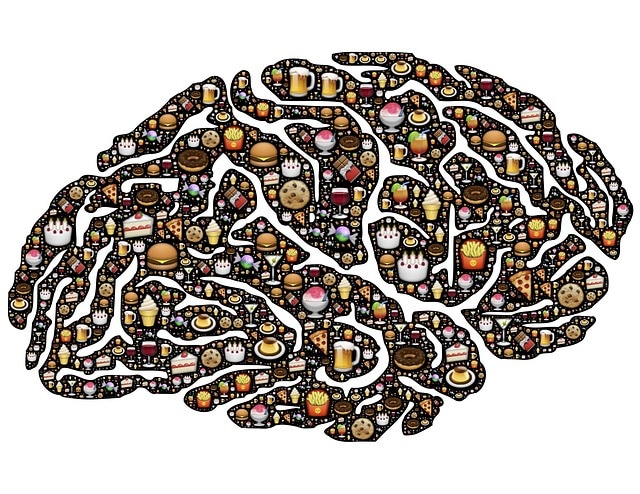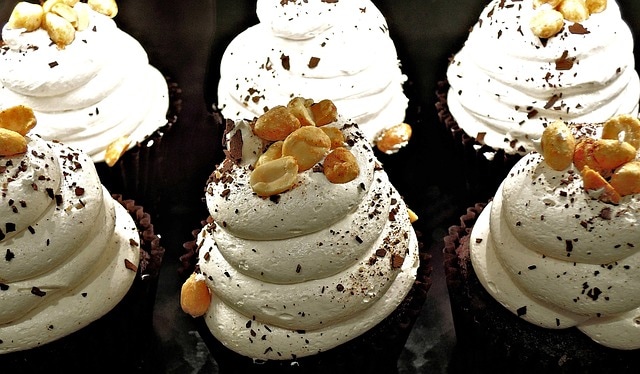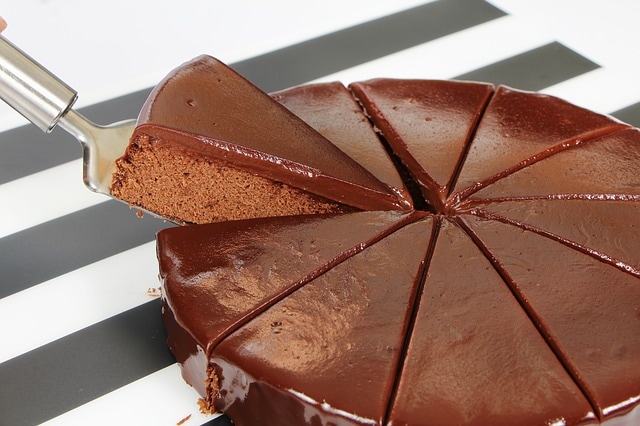It's all so very complicated and believe it or not, it's really your brain you need to manage.
- 25%-40% of your weight is related to your genetic heritage. Genetics are responsible for your resting metabolic rate and body fat distribution
- The interaction between the hypothalamus, hindbrain and limbic systems result in feeding behavior.
- The hypothalamus is the part of the brain that maintains balance and controls behavior related to eating, drinking and sex and translates those strong feelings into physical action. It's the hypothalamus that makes you eat, drink and seek out sexual contact. The lateral part of the hypothalamus signals hunger and the ventromedial area signals satiation.
- The hindbrain gets signals from the gut and send them to the hypothalamus because it wants some action to fix whatever is going on.
- The limbic system is the emotional center of the brain and contains the pleasure and reward systems. This system allows you to enjoy the emotional properties of the food.
It's not so much you against your stomach, it's you against your brain! You can talk yourself out of eating more than you need.
- Eat slowly. You remember what your Mom said, "Chew every bite 10 times". She didn't want you to choke, but actually, if you eat slowly, it gives your ventromedial hypothalamus time to process that you're eating and getting full. Give your brain time to catch up with your stomach! Make eating an event. Instead of standing at the kitchen sink shoveling ice cream straight out of the carton, put some in a dish and sit down and watch a little tv and enjoy it. Taste it fully and completely. Let the fat and sugar content be appreciated by the ventromedial hypothalamus.
- There's an emphasis on mindfulness that can help us with over-eating and/or making healthier selections. When I'm hankering for "something else" sweet today and I'm reaching for a Golden Oreo, I ask myself, "Is this healthy? Do I really want this?" and in that little bit of time it takes to ask myself the question, I lose the desire. Yay...60 calories averted, well, sometimes.
- Everything in moderation. Everything is allowed, in moderation. Don't beat yourself up for eating something you love.
- Small portions several times a day. It's how the human body is meant to be fed. Work and school schedules have caused us to eat on an unnatural schedule. Eat only when you're hungry, truly hungry.
- Don't expect a lot of change at once. Small steps result in a little progress and small steps are the ones that "stick". Changing your behavior slowly is the key to achieving your long-term goals. Be willing to accept small change.
- Don't eat after 9:00. If you stop eating at least two hours before you go to bed, you'll wake up hungry which tells you that you were metabolizing fat while sleeping.
- Drink just a little more water every day and stop with the sugary drinks. Empty calories! Ugh. Spend them on ice cream on something really great.
- A "bulky meal" stretches the stomach and intestine and tells your hypothalamus that you're full. A bulky meal is one with lots of fiber and water. So, drink water with your meal and include a veggie or salad and you'll stop eating sooner! Eating grapes is more satisfying than drinking grape juice!
A few weeks ago, I saw an article that explained the benefits of eating chocolate cake. Well, you don't have to convince me! Apparently, chocolate improves your cognitive skills as well as memory ability.
If you have chocolate cake for breakfast, it gives your brain the energy it needs immediately after waking up. At that time of the day, your body converts food and energy more efficiently. The calories are less likely to end up as fat on your hips if you eat chocolate first thing in the morning. People who eat a lot of protein and carbs for breakfast lost more weight than those people who delay breakfast and eat light at lunch.
Be mindful of your kids and the amount of sugar they're eating. They can actually have an addiction to sugar. Some kids have brain wiring that makes them crave sugar throughout their lives because they have heightened activity in the parts of the brain involved in emotion, awareness, taste, motivation and reward. Sugar is a "food reward" for them. Make it easy for them to "kick the habit".
Now that you know that your brain may be undermining your dietary efforts, you can fight back.
Just do the best you can, Claudia
Join me on Facebook at Dr. Claudia McCulloch







